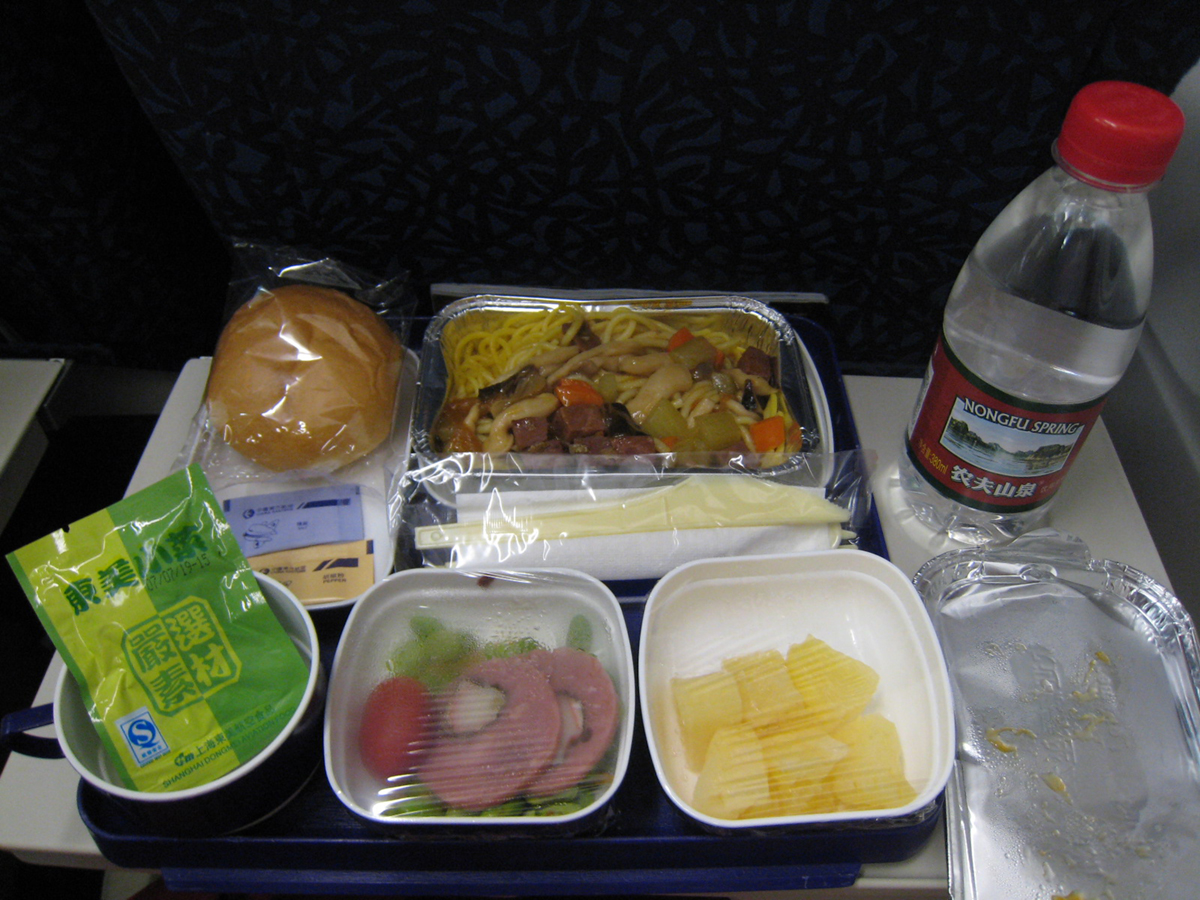
Introduction to acid reflux in children
Acid reflux occurs more commonly in adults, especially, those with unhealthy dietary and lifestyle habits, but it can also occur in children.
Acid reflux is a condition in which the food that has entered the stomach and the acid inside the stomach begins to flow backwards into the esophagus.
This can cause a significant amount of discomfort for the individual, whether he or she is a child or adult.
It is even more difficult for children because they are not really able to express what is bothering and ailing them, so it is important for a parent to notice and identify the symptoms of this condition.
A parent must be able to catch the symptoms in time in order to stop the problem from escalating.
Symptoms
It is important to note that the symptoms of acid reflux in children often flare up and become more noticeable during meals or right after meals.
However, they can generally occur at any time.
If a child is having such problems, it is likely that they will become irritable. Poor feeding habits are the most common cause of this problem.
Children with this problem might stand to lose a significant amount of weight as well, because this feeling of acid and food traveling back to the esophagus is unpleasant and because of it, the child might refrain from eating regularly.
Nausea and vomiting is another telltale symptom of acid reflux.
A child might also have a persistent cough, especially at night. They might also experience a sore throat and hoarseness in the voice.
Pain in the chest that resembles heartburn will also be present usually and a child will become more susceptible to problems such as ear infections and lung infections.
A stuffy nose, general congestion and wheezing are other symptoms that accompany acid reflux in children.
Treatment
It is always best to visit a doctor, who will prescribe the proper treatment for a child’s acid reflux. However, there are things a parent can do to make their child feel more comfortable in the meantime while the medicine is taking effect.
It is important to encourage the child to sit up straight while eating and to relax after meals as well.
If it is a baby in question, put them on your shoulder after meals and stroke their backs gently.
Kids need to stay away from spicy, fatty and acidic foods because their digestive systems are not ready to handle strong foods just yet.
It is better to give children more frequent smaller meals instead of making them eat large amounts of food in one sitting. Elevating the head while they sleep is a good idea as well.

















Your thoughts on this
Loading...